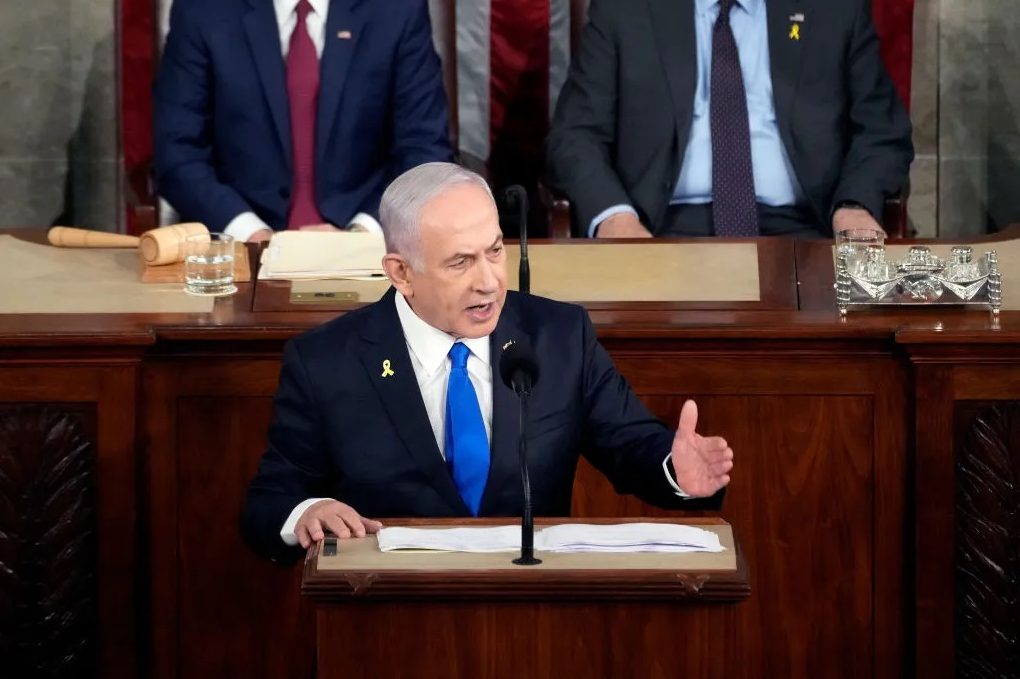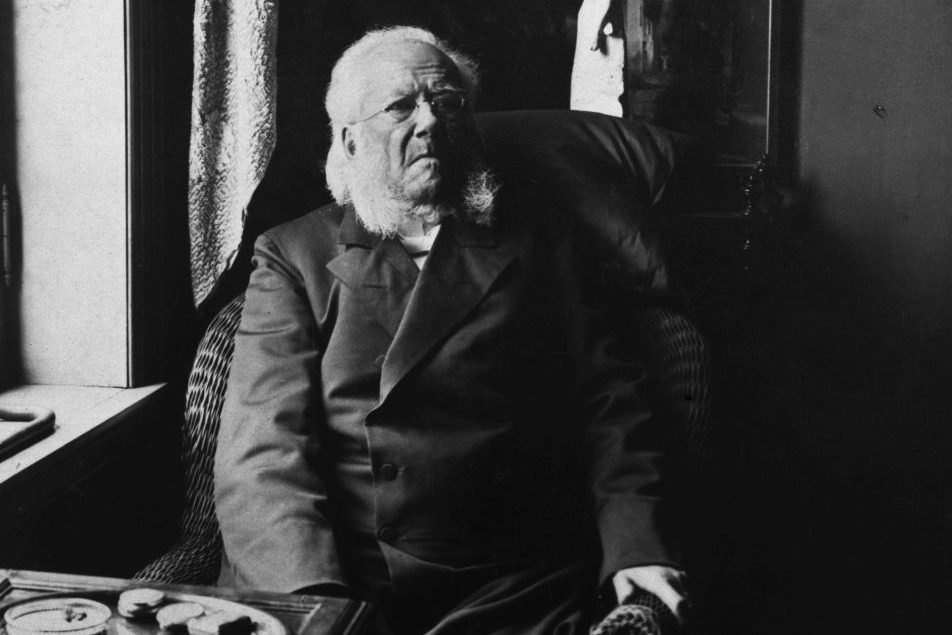Nearly ten months after Israel’s worst day, prime minister Benjamin Netanyahu made history far away in Washington DC when he became the first world leader to address Congress four times. Even Winston Churchill only managed three.
The last time Netanyahu spoke to Congress was in March 2015, as the Obama administration was finalizing the Joint Comprehensive Plan of Action, better known as the “Iran Deal.” Netanyahu arranged the session with House Speaker John Boehner against Obama’s wishes, and made a charged and politicized speech urging Congress to reject the deal. The speech was seen as colluding with the Republicans to meddle in US domestic politics, and the damage it caused to the Israeli government’s relationship with the Democratic Party hasn’t fully healed even today.
Netanyahu’s speech was, in any case, the second biggest Washington news story of the day
In terms, that speech was a failure. The JCPOA survived Congress and came into force. But Netanyahu reaped the benefits domestically, presenting himself to the Israeli public as a strong leader prepared to stand up to the US president in Washington DC itself.
Unpopular at home after October 7, it’s that defiance in the face of American intransigence that Netanyahu is hoping to recreate. Unfortunately for Bibi, there hasn’t been very much intransigence to defy, so he’s had to invent some, claiming to the bafflement of his own security establishment that Biden has been delaying multiple weapons shipments.
Netanyahu flew into Washington on Monday on “Wings of Zion,” Israel’s new answer to Air Force One, seen by many Israelis as a costly vanity project. Since his arrival, he hasn’t really done anything as he scrambled to get three meetings in the diary: President Biden, Vice-President Kamala Harris and Republican candidate Donald Trump.
With Biden sequestered away with Covid, Harris suddenly the de facto Democratic nominee and Trump still angry at Netanyahu for acknowledging Biden won in 2020, it took until Wednesday to even get meetings confirmed, with Bibi and co flying to Miami for a Friday meeting with Trump. Trump, for his part, shared a letter he received from Palestinian Authority President Mahmoud Abbas, embarrassing Netanyahu who sees Abbas as his arch-enemy.
Many Democrats decided to skip Netanyahu’s big speech, including Nancy Pelosi. Kamala Harris will also sit it out, though she’s meeting him privately anyway, and Republican vice-presidential candidate J.D. Vance also cited a busy campaigning diary. Meanwhile, outside of Congress, thousands of anti-Israel protesters gathered to call for Netanyahu’s arrest, and Rashida Tlaib held a small sign calling him a war criminal.
The speech itself was like a collection of the most viral pro-Israel tweets of the last few months: full of bombast, mocking jokes and poignant lines about the history of the Jewish people, the tragedy of October 7, the need to defeat Hamas and the malign role of Iran. Open praise of Biden was balanced by barely-coded criticism over his position on Israel’s successful Rafah offensive.
What it didn’t contain, though, was any plan for how the war would end and what would come next. The media was briefed that Netanyahu would lay out his plan for “the day after” Hamas, but beyond the vaguest mention of a demilitarized Gaza, the issue was ignored.
Netanyahu’s speech was, in any case, the second biggest Washington news story of the day. It was overshadowed by Joe Biden’s televised announcement in the evening where he tried to explain why he has dropped out of the presidential race. He said he needed to “pass the torch.” Biden’s speech will be analyzed, critiqued and replayed as an important moment of history. Apart from a couple of nice lines, Netanyahu’s speech was fundamentally forgettable.
While the cat’s away, the mice are playing. Itamar Ben Gvir from the Jewish Power Party, police minister in Netanyahu’s coalition, announced on Wednesday morning that Jews would be allowed to pray on the Temple Mount. The announcement was timed for when Netanyahu was asleep in DC, leaving Defense Minister Gallant to claim Ben Gvir was a pyromaniac, seeking to set the Middle East aflame. Eight members of Netanyahu’s own Likud Party publicly opposed the hostage deal that Israel is negotiating, alongside Ben Gvir and finance minister Bezalel Smotrich.
Netanyahu’s 2015 speech to Congress didn’t stop the JCPOA, but eventually he got his way. Trump pulled the US out of the Iran deal, eventually collapsing the whole framework. But sanctions were never restored, and instead Iran continued full-steam ahead with enrichment, and is now reported to be on the nuclear threshold. Opposing the Iran deal was instinctual to Netanyahu, but there was never any clarity on what should come next.
The war has been fought the same way, with a promise to remove Hamas as the government of Gaza but an absolute refusal to consider any alternatives, leaving Hamas to return every time the IDF pulls back.
Netanyahu will stay in Miami for the weekend to celebrate his son’s birthday. When he heads home next week, he might have managed to bolster his image at home again as Israel’s elder statesman and globetrotting leader. But his fundamental problems still remain: dozens of hostages held by Hamas, a war with no end in sight, the risk of escalation with Hezbollah and the Houthis in Yemen and an increasingly unstable coalition. Perhaps he’d prefer to stay in Florida.
This article was originally published on The Spectator’s UK website.


























Leave a Reply